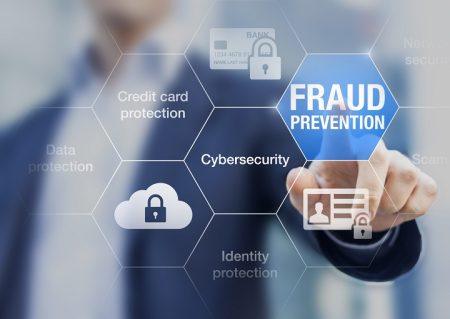Navigating a divorce is often a complex and emotionally taxing process, particularly when it comes to safeguarding digital assets and passwords. This is especially crucial in Florida, where digital assets now play a significant role in property division. Understanding what assets are protected in a divorce in Florida is essential to ensure fair distribution. Ensuring both parties fully disclose all digital accounts and cryptocurrencies is vital to prevent potential hidden assets. Florida’s Sunshine Laws may assist in unveiling any concealed high-net-worth digital assets.
Password protection is another essential factor to consider during a divorce. It is imperative to change passwords to personal accounts and ensure two-factor authentication is enabled to enhance security. Consulting legal experts who specialize in divorce and digital privacy can also be beneficial in securing one’s digital life.
For those going through a divorce in Florida, awareness and proactive measures regarding digital assets can offer peace of mind and fair distribution. Implementing these strategies ensures that both parties maintain their privacy and security throughout the divorce proceedings.
Securing Digital Assets and Passwords
Securing digital assets and passwords during a divorce is essential to protect one’s privacy and property. This involves understanding the digital assets involved, strategies for maintaining online privacy, and navigating asset division as per Florida law.
Understanding Digital Assets in Divorce
Digital assets encompass a wide range of online properties such as cryptocurrencies like Bitcoin and Ethereum, NFTs, online businesses, websites, and intellectual property. These assets hold significant value and must be carefully identified during divorce proceedings. Social media and email accounts also fall under this category, and their access and security need proper attention. Identifying all digital assets is crucial for equitable distribution. Tools like password managers can assist in cataloging and securing these assets.
Strategies for Protecting Online Privacy
Protecting online privacy during a divorce is a multi-step process. Changing passwords on important accounts, including bank accounts and social media, is a key step. Implementing two-step verification adds an extra layer of security. It’s advisable to use unique passwords for each account to prevent unauthorized access. A reputable password manager can help generate and store complex passwords securely. This approach ensures assets, such as digital wallets, remain safe from tampering.
Asset Division and Florida Law
In Florida, asset division falls under the principle of equitable distribution, meaning marital property is divided fairly, though not necessarily equally. Digital assets can complicate this process due to their intangible nature. They must be classified correctly as either marital or separate property. The court may consider digital businesses, cryptocurrencies, and any associated intellectual property during valuation. Ensuring accurate representation in divorce proceedings is crucial to protect one’s interests and resources.
Navigating Divorce Proceedings with Digital Considerations
Divorce proceedings can be complex, especially with the rise of digital assets like online accounts and cryptocurrencies. It’s crucial to prioritize privacy, effective negotiation, and proper legal representation to ensure a fair division of assets.
Legal Representation and Advice
Securing a knowledgeable family law attorney is fundamental in navigating the digital aspects of a divorce. An experienced lawyer will understand how digital assets such as cryptocurrency wallets and online transaction histories can impact settlements.
In Florida, legal representation also ensures compliance with state laws governing asset disclosure. Attorneys can help in crafting clear agreements that delineate ownership of digital assets to prevent future disputes. Engaging specialists who can accurately value digital properties might also be necessary, ensuring a fair division of these assets.
Addressing Division of Specific Asset Types
The division of digital assets requires precision. Cryptocurrencies, for instance, can be hard to trace, demanding full disclosure from both parties during divorce proceedings. Hidden funds in undisclosed digital wallets can complicate settlements, requiring thorough searches.
Shared accounts, like in real estate investments or subscription services, also need attention. Determining who will retain control or how profits are split is vital. Each digital asset’s distinct characteristics might require tailored legal approaches to ensure both parties’ satisfaction.
Finalizing Settlements and Changing Access Credentials
Once settlements are reached, updating access credentials is crucial. Protecting privacy means changing passwords for all shared and individual accounts, including social media and financial platforms. Implementing strong security measures like multi-factor authentication can prevent unauthorized access.
Proper documentation of changes to access credentials serves to protect each party. Updating estate plans to reflect new ownership of digital assets is also important. These actions safeguard against potential breaches and ensure that each person’s privacy is maintained in their new digital lives.







